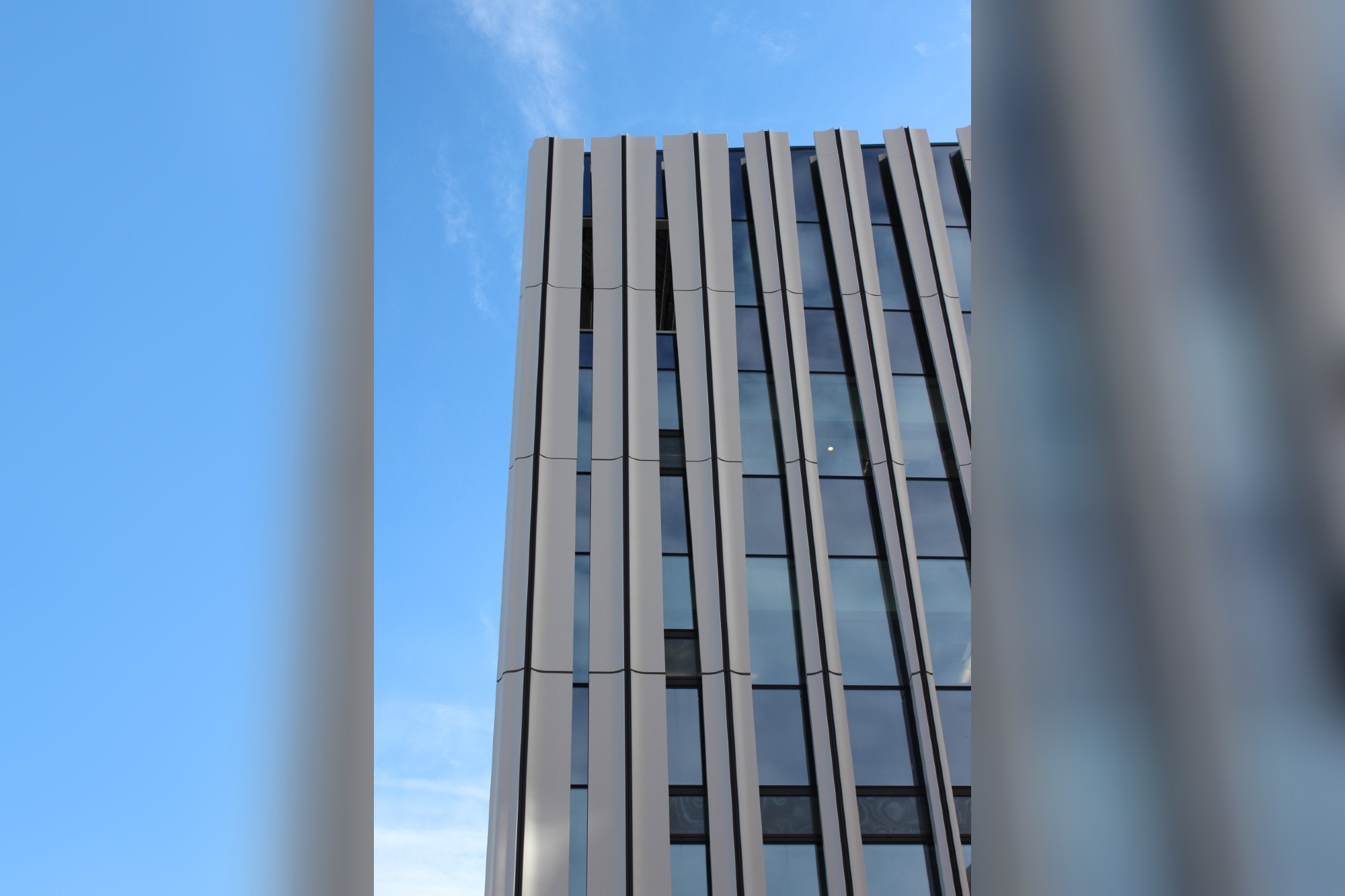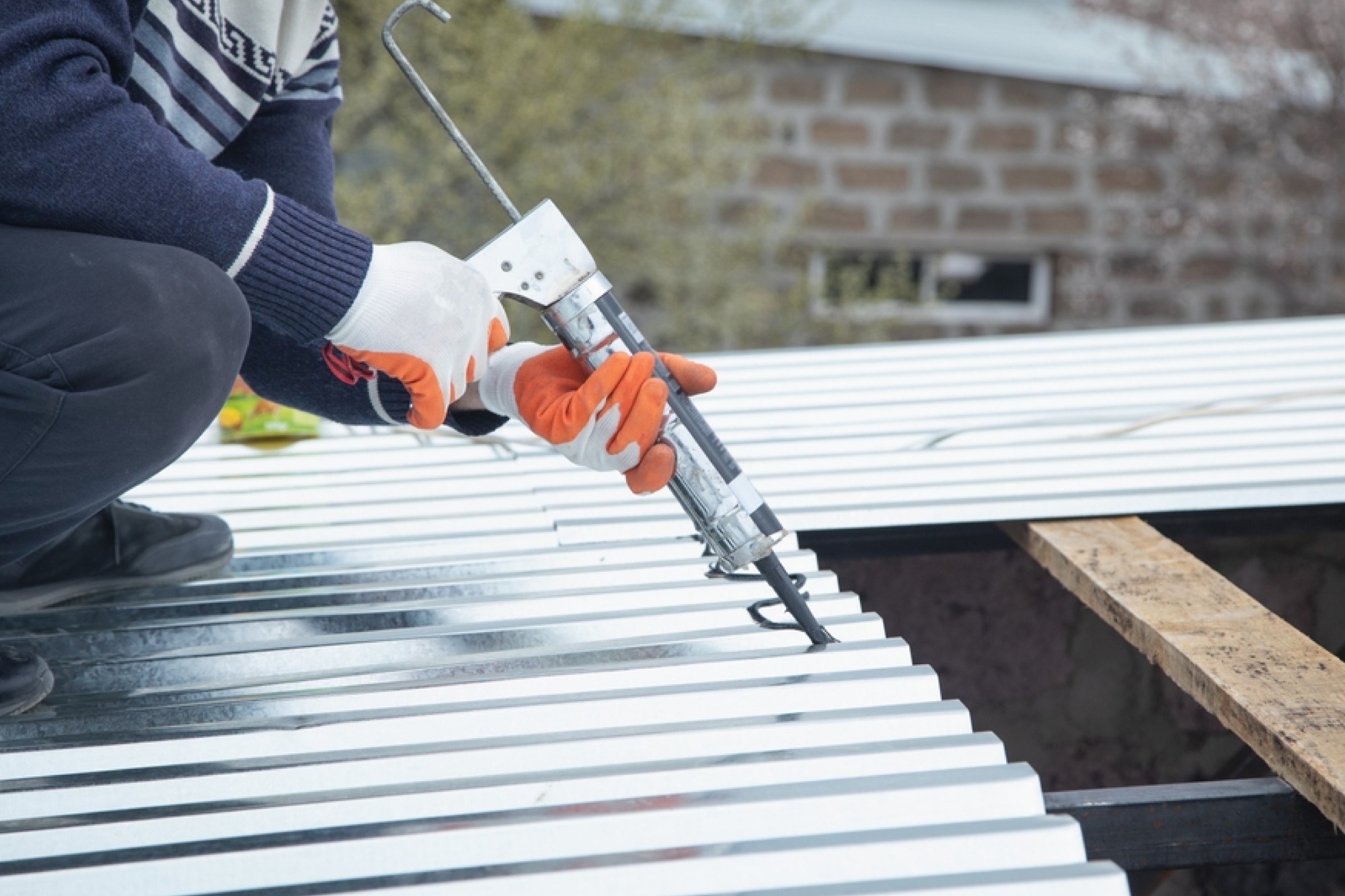Henkel India embarks on a rural solar power CSR initiative
By Edit Team | April 14, 2016 10:12 am SHARE

Henkel Adhesive Technologies India Pvt Ltd (Henkel India), a fully owned subsidiary of Henkel AG & Co. KGaA, the solution provider for adhesives, sealants and functional coatings, has taken a big step towards sustainability with its CSR project, ‘Lighting Lives’. This project, which is in line with the global Sustainability Strategy for 2030, aims to provide electricity to villages in Maharashtra by installing solar panels. The company also reached the interim targets of its sustainability strategy, setting new milestones for 2020 and published its 25th Sustainability Report.
‘Lighting Lives’ project in India
As part of 2015-16 budget speech, Finance Minister Arun Jaitley has set a deadline of May 1, 2018 for “100 per cent village electrification”. Under the ‘Deen Dayal Upadhyaya Gram Jyoti Yojana’, the ministry has allocated a fund of Rs 8,500 crores to achieve this key target of rural electrification. Henkel through ‘Lighting Lives’ project intends to contribute to this development story of India while continuing to shape the business responsibly and increase economic success.
This noble initiative, currently in the pilot phase, has seen installation of solar cells in three villages situated in the Palghar district of Maharashtra. The solar power generated has successfully supplied electricity to the homes of 150 people and to the schools attended by about 1,600 children. The project will be expanded to include other villages and public facilities.
Interim targets achieved – new ambitions for 2020
Achieving more while using less resources and tripling the efficiency by 2030 – that is the goal of Henkel’s Sustainability Strategy. The company has made great progress and has surpassed its interim targets for 2011 to 2015:
• Energy efficiency improved by 18 per cent
• Water use by 23 per cent
• Waste volume by 17 per cent
• Occupational safety by 33 per cent and
• Sales by 11 per cent.Overall, Henkel has improved the relationship between the created value and the environmental footprint by 38 per cent.
The new targets
By 2020, the company intends to reduce CO2 emissions, water use and waste volume at production sites by 30 per cent per tonne of product compared to 2010. Occupational safety is to be improved by 40 per cent and sales by 22 per cent per tonne of product. The achievement of these targets would result in an overall efficiency improvement of 75 per cent by 2020 compared to 2010.
Cookie Consent
We use cookies to personalize your experience. By continuing to visit this website you agree to our Terms & Conditions, Privacy Policy and Cookie Policy.




















